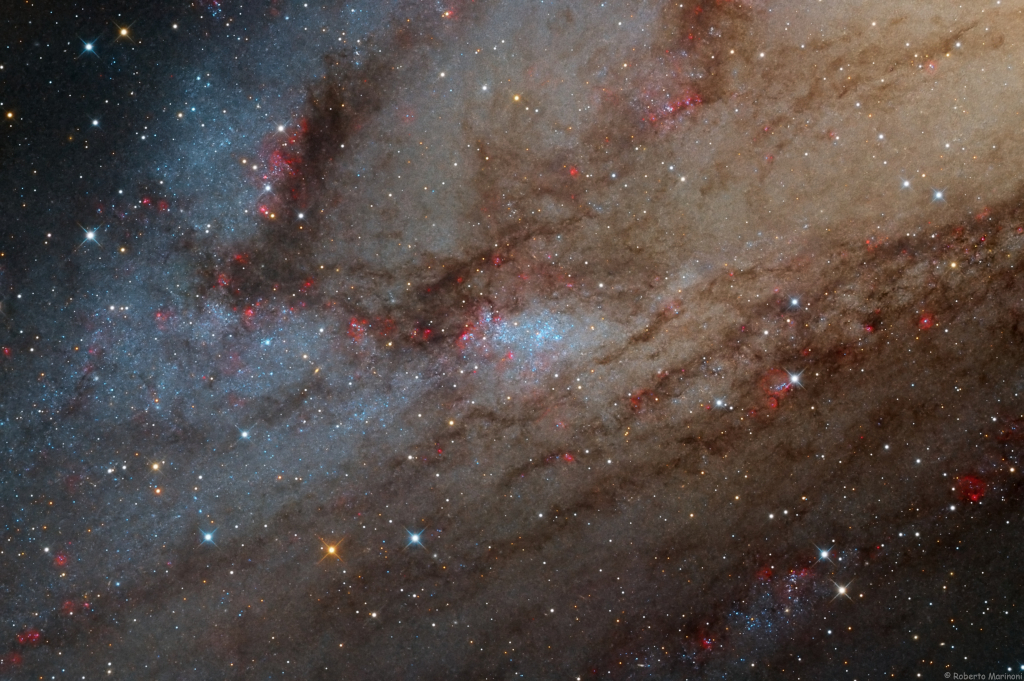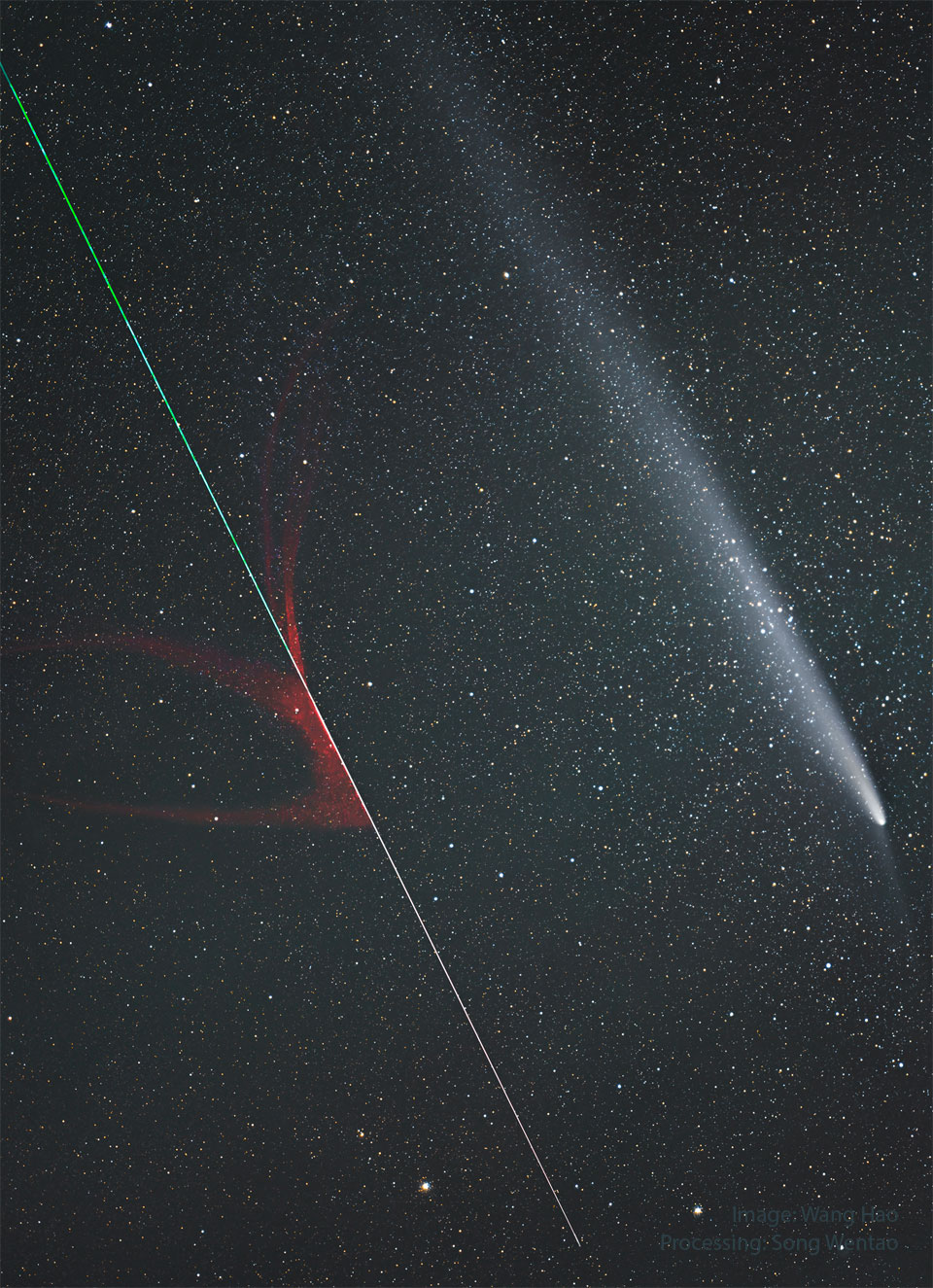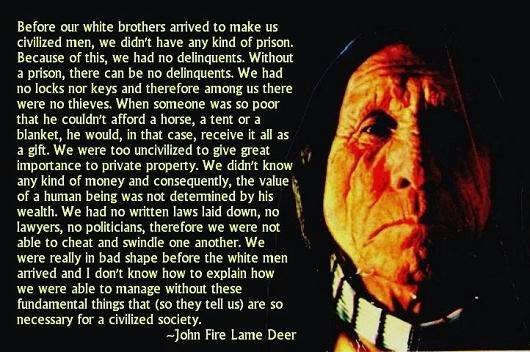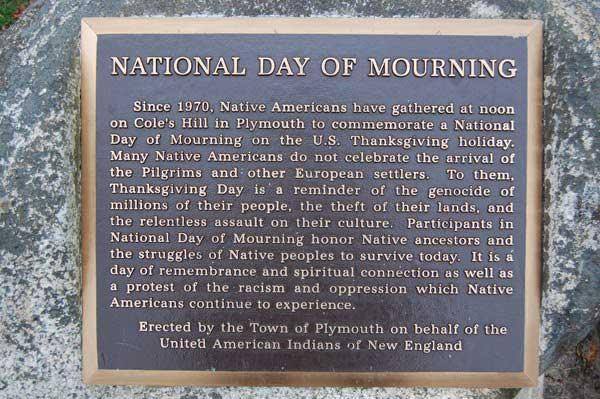Blog
The large stellar association cataloged as NGC 206 is nestled within the dusty arms of the neighboring Andromeda galaxy along with the galaxy’s pinkish star-forming regions. Also known as M31, the spiral galaxy is a mere 2.5 million light-years away. NGC 206 is found at the center of this sharp and detailed close-up of the southwestern extent of Andromeda’s disk. The bright, blue stars of NGC 206 indicate its youth. In fact, its youngest massive stars are less than 10 million years old. Much larger than the open or galactic clusters of young stars in the disk of our Milky Way galaxy, NGC 206 spans about 4,000 light-years. That’s comparable in size to the giant stellar nurseries NGC 604in nearby spiral M33 and the Tarantula Nebula in the Large Magellanic Cloud.

Randall Stuart Newman (born November 28, 1943) is an American singer, songwriter, arranger, pianist, composer and conductor. He is known for his non-rhotic Southern-accented singing style, early Americana-influenced songs (often with mordant or satirical lyrics), and various film scores. His hits as a recording artist include “Short People” (1977), “I Love L.A.” (1983), and “You’ve Got a Friend in Me” (1995) with Lyle Lovett, while other artists have enjoyed success with cover versions of his “Mama Told Me Not to Come” (1966), “I Think It’s Going to Rain Today” (1968), and “You Can Leave Your Hat On” (1972).
Born in Los Angeles to an extended family of Hollywood film composers, Newman began his songwriting career at the age of 17, penning hits for acts such as the Fleetwoods, Cilla Black, Gene Pitney, and the Alan Price Set. In 1968, he made his formal debut as a solo artist with the album Randy Newman, produced by Lenny Waronker and Van Dyke Parks. Four of Newman’s non-soundtrack albums have charted in the US top 40: Sail Away (1972), Good Old Boys (1974), Little Criminals (1977), and Harps and Angels (2008).
Since the 1980s, Newman has worked mostly as a film composer. He has scored nine Disney–Pixar animated films, including all Toy Story films (1995–present), A Bug’s Life(1998), both Monsters, Inc. films (2001, 2013), and the first and third Cars films (2006, 2017), as well as Disney’s James and the Giant Peach (1996) and The Princess and the Frog (2009). His other film scores include Cold Turkey (1971), Ragtime (1981), The Natural (1984), Awakenings (1990), Cats Don’t Dance (1997), Pleasantville (1998), Meet the Parents (2000), Seabiscuit (2003), and Marriage Story (2019).
Newman has received twenty-two Academy Award nominations in the Best Original Score and Best Original Song categories and has won twice in the latter category, contributing to the Newmans being the most nominated Academy Award extended family, with a collective 92 nominations in various music categories. He has also won three Emmys, seven Grammy Awards and the Governor’s Award from the Recording Academy. In 2007, he was recognized by the Walt Disney Company as a Disney Legend. He was inducted into the Songwriters Hall of Fame in 2002 and to the Rock and Roll Hall of Fame in 2013.
more...Leandro “Gato” Barbieri (November 28, 1932 – April 2, 2016) was an Argentine jazztenor saxophonist who rose to fame during the free jazz movement in the 1960s and is known for his Latin jazz recordings of the 1970s. His nickname, Gato, is Spanish for “cat”.
more...Gigi Gryce (born George General Grice Jr.; November 28, 1925 – March 17, 1983 Pensacola, FL), later in life changing his name to Basheer Qusim, was an American jazz saxophonist, flautist, clarinetist, composer, arranger, and educator.
While his performing career was relatively short, much of his work as a player, composer, and arranger was quite influential and well-recognized during his time. However, Gryce abruptly ended his jazz career in the 1960s. This, in addition to his nature as a very private person, has resulted in very little knowledge of Gryce today. Several of his compositions have been covered extensively (“Minority“, “Social Call”, “Nica’s Tempo”) and have become minor jazz standards. Gryce’s compositional bent includes harmonic choices similar to those of contemporaries Benny Golson, Tadd Dameron[1] and Horace Silver. Gryce’s playing, arranging, and composing are most associated with the classic hard bop era (roughly 1953–1965). He was a well-educated composer and musician, and wrote some classical works as a student at the Boston Conservatory. As a jazz musician and composer he was very much influenced by the work of Charlie Parker and Thelonious Monk.
more...Roy McCurdy (born November 28, 1936) is a jazz drummer.
McCurdy began playing drums around the age of 10 in his hometown of Rochester and took lessons from Eastman percussionist Bill Street as a teenager. He spent three years in the Air Force before returning to Rochester to begin his career.
Before joining Cannonball Adderley‘s Quintet in 1965 and staying with the band until Adderley’s death in 1975, he had played with Chuck and Gap Mangione in the Jazz Brothers (1960–1961), as well as with Bobby Timmons, Betty Carter and Sonny Rollins (1963–1964), appearing on the classic 1963 album Sonny Meets Hawk!
He attended the Eastman School of Music from sixteen to eighteen, during which time he also played professionally with Roy Eldridgeand with Eddie Vinson at seventeen. In 1960 he joined the Art Farmer – Benny Golson Jazztet and remained for two years.
more...The Mashpee Wampanoag Tribe, also known as the People of the First Light, has inhabited present day Massachusetts and Eastern Rhode Island for more than 12,000 years. The Wampanoag people and the Pilgrims had a mutually beneficial relationship that included a peace treaty and the sharing of food and knowledge.
more...The streak on the upper right is Comet Tsuchinshan-Atlas showing an impressive dust tail. The comet is a large and dirty iceberg that entered the inner Solar System and is shedding gas and dust as it is warmed by the Sun’s light. The streak on the lower left is a meteor showing an impressive evaporation trail. The meteor is a small and cold rock that entered the Earth’s atmosphere and is shedding gas and dust as it is warmed by molecular collisions. The meteor was likely once part of a comet or asteroid — perhaps later composing part of its tail. The meteor was gone in a flash and was only caught by coincidence during a series of exposures documenting the comet’s long tail. The featured image was captured just over a month ago from Sichuan Province in China.

Albert J. Jackson Jr. (November 27, 1935 – October 1, 1975 Memphis, TN) was an American drummer, producer, and songwriter. He was a founding member of Booker T. & the M.G.’s, a group of session musicians who worked for Stax Records and produced their own instrumentals. Jackson was affectionately dubbed “The Human Timekeeper” for his drumming ability. He was posthumously inducted into the Memphis Music Hall of Famein 2015, and the Rock and Roll Hall of Fame as a member of Booker T. & the M.G.’s in 1992. Jackson attended the screening with Eddie Floyd and Terry Manning. After the screening, he returned home to find intruders in the house. Reportedly, he was told to get down on his knees, and was fatally shot five times in the back. Around 3 A.M. on October 1, Barbara Jackson ran out in the street, yelling for help. She told police that burglars had tied her up and shot her husband when he had returned home. Police found nothing out of place in the house, and Jackson’s wallet and jewelry were still on him.
more...Lyle David Mays (November 27, 1953 – February 10, 2020) was an American jazzpianist, composer, and member of the Pat Metheny Group. Metheny and Mays composed and arranged nearly all of the group’s music, for which Mays won eleven Grammy Awards.
Mays composed, orchestrated, and arranged as a core member of the Pat Metheny Group, playing piano, organ, synthesizers and, occasionally, trumpet, accordion, agogô bells, autoharp, toy xylophone, and electric guitar. He also composed, performed, and recorded dramatic scores for children’s audiobooks, such as East of the Sun, West of the Moon, with text narrated by Max von Sydow; Moses the Lawgiver, told by Ben Kingsley; The Lion and the Lamb, narrated by Amy Grant and Christopher Reeve; and The Tale of Mr. Jeremy Fisher and Tale of Peter Rabbit, read by Meryl Streep. In 1985, Metheny’s and Mays’s compositions were performed by the Steppenwolf Theater in Chicago in the critically acclaimed production of Orphans by Lyle Kessler. Lyle’s Oberheim analog synth pad and his voice counting the second hand of a clock at the recording session, “55…, 3..,” which can be heard from the bridge part of “As Falls Wichita, So Falls Wichita Falls (1981),” was used for Christian Dior’s Fahrenheit Cologne commercials for almost 30 years, from 1988 to 2016.
Mays was regarded by both professional musicians and music fans as one of the most innovative and creative jazz pianists and keyboardists, but he considered himself more of a serious contemporary composer with an advanced approach to classical music, harmonic aesthetics, and structural development through long forms. He composed several contemporary classical pieces, such as “Twelve Days in the Shadow of a Miracle”, a piece for harp, flute, viola, and synthesizer recorded in 1996 by the Debussy Trio. Mays also composed “Distance” for Pat Metheny Group’s Grammy-winning and RIAA-certified Gold album, Still Life (Talking)(1987, Geffen), “Mindwalk” in 2009 for marimba player Nancy Zeltsman, and previously “Somewhere in Maine” in 1988 for her duo with violinist Sharan Leventhal, Marimolin, and “Street Dreams 3” for his solo album, Street Dreams (Geffen, 1988) with top classical performers in New York City.
Mays died in Los Angeles at the age of 66 on February 10, 2020, “after a long battle with a recurring illness”.
Mays was posthumously awarded the Grammy Award for Best Instrumental Composition at the 64th Annual Grammy Awards in 2022 for his composition “Eberhard,” dedicated to the German double bassist and composer, Eberhard Weber.
more...Randal Edward Brecker (born November 27, 1945) is an American trumpeter, flugelhornist, and composer. His versatility has made him a popular studio musician who has recorded with acts in jazz, rock, and R&B.
Brecker was born on November 27, 1945, in the Philadelphia suburb of Cheltenham to a musical family. His father Bob (Bobby) was a lawyer who played jazz piano, and his mother Sylvia was a portrait artist.
Randy described his father as “a semipro jazz pianist and trumpet fanatic. In school when I was eight, they only offered trumpet or clarinet. I chose trumpet from hearing Diz, Miles, Clifford, and Chet Baker at home. My brother (Michael Brecker) didn’t want to play the same instrument as I did, so three years later he chose the clarinet!”
Randy’s father, Bob, was also a songwriter and singer who loved to listen to recordings of the great jazz trumpet players such as Miles Davis, Dizzy Gillespie and Clifford Brown. He took Randy and his younger brother Michael Brecker to see Davis, Thelonious Monk, Duke Ellington, and many other jazz icons.
Brecker attended Cheltenham High School from 1959 to 1963 and then Indiana University from 1963 to 1966 studying with Bill Adam, David Baker and Jerry Cokerand later moved to New York and performed with Clark Terry‘s Big Bad Band, the Duke Pearson and the Thad Jones/Mel Lewis Orchestra.
more...James Marshall “Jimi” Hendrix (born Johnny Allen Hendrix; November 27, 1942 – September 18, 1970) was an American guitarist, songwriter and singer. He is widely regarded as the greatest guitarist in the history of popular music and one of the most influential musicians of the 20th century. The Rock and Roll Hall of Fame describes him as “arguably the greatest instrumentalist in the history of rock music.”
Born in Seattle, Washington, Hendrix began playing guitar at age 15. In 1961, he enlisted in the US Army, but was discharged the following year. Soon afterward, he moved to Clarksville, then Nashville, Tennessee, and began playing gigs on the chitlin’ circuit, earning a place in the Isley Brothers‘ backing band and later with Little Richard, with whom he continued to work through mid-1965. He then played with Curtis Knight and the Squires before moving to England in late 1966 after bassist Chas Chandler of the Animals became his manager. Within months, Hendrix had earned three UK top ten hits with his band, the Jimi Hendrix Experience (with its rhythm section consisting of bassist Noel Redding and drummer Mitch Mitchell): “Hey Joe“, “Purple Haze“, and “The Wind Cries Mary“. He achieved fame in the US after his performance at the Monterey Pop Festival in 1967, and in 1968 his third and final studio album, Electric Ladyland, reached number one on the US Billboard 200. The double LP was Hendrix’s most commercially successful release and his only number one album. The world’s highest-paid rock musician, he headlined the Woodstock Festival in 1969 and the Isle of Wight Festival in 1970 before his accidental death in London from barbiturate-related asphyxiain September 1970.
Hendrix was inspired by American rock and roll and electric blues. He favored overdriven amplifiers with high volume and gain, and was instrumental in popularizing the previously undesirable sounds caused by guitar amplifier feedback. He was also one of the first guitarists to make extensive use of tone-altering effects units in mainstream rock, such as fuzz distortion, Octavia, wah-wah, and Uni-Vibe. He was the first musician to use stereophonic phasing effects in recordings. Holly George-Warren of Rolling Stone commented: “Hendrix pioneered the use of the instrument as an electronic sound source. Players before him had experimented with feedback and distortion, but Hendrix turned those effects and others into a controlled, fluid vocabulary every bit as personal as the blues with which he began.”
Hendrix was the recipient of several music awards during his lifetime and posthumously. In 1967, readers of Melody Maker voted him the Pop Musician of the Year and in 1968, Billboard named him the Artist of the Year and Rolling Stone declared him the Performer of the Year. Disc and Music Echo honored him with the World Top Musician of 1969 and in 1970, Guitar Player named him the Rock Guitarist of the Year. The Jimi Hendrix Experience was inducted into the Rock and Roll Hall of Fame in 1992 and the UK Music Hall of Fame in 2005. Rolling Stone has ranked the band’s three studio albums, Are You Experienced (1967), Axis: Bold as Love (1967), and Electric Ladyland (1968), in its various lists of the “500 Greatest Albums of All Time“, and it ranked Hendrix as the greatest guitarist and the sixth-greatest artist of all time.
more...More Posts
- World Music with Michael Rooney and June McCormack
- Daily Roots with Joe Mansano
- Echos of Freedom by Edwin Grant Conklin
- The Cosmos with NGC 1316
- Nicky Hopkins Day
- David Fathead Newman Day
- World Music with M’Toro Chamou
- Daily Roots with the Cimarons
- Echos of Freedom by Rosario Castellanos
- The Cosmos with M33
- Johnny Winter Day
- Josiah “Cie” Frazier Day
- George Frideric Handel
- World Music with Zaiko Langa Langa
- Daily Roots with Sonny Binns & the Rudies
- Shabbat for the Soul at Mt Zion
- Echos of Freedom by Albert Camus
- The Cosmos with NGC 4565
- Joe La Barbera Day
- Ernie K Doe Day



